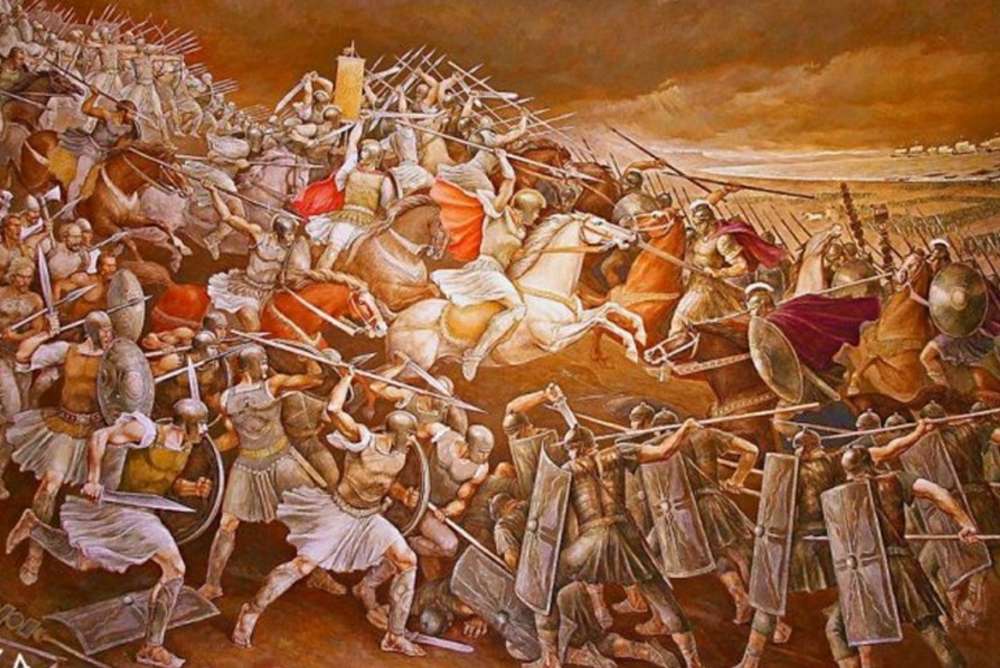loola-games.info – Albania, a small yet historically rich country in the Balkans, boasts a fascinating past that is often overshadowed by its more prominent neighbors. From ancient civilizations to recent political transformations, Albania’s history is a tapestry of intriguing stories waiting to be uncovered. Let’s explore some of the lesser-known chapters of Albania’s past that have shaped its unique cultural identity.
The Illyrians: Albania’s Ancient Inhabitants
Long before the rise of the Roman Empire, the region now known as Albania was inhabited by the Illyrians, an ancient group of tribes known for their warrior culture and maritime prowess. The Illyrians were skilled in trade and warfare, and their influence extended across the western Balkans. Although much of their history is shrouded in mystery, archaeological sites such as the ancient city of Apollonia offer glimpses into their advanced society and complex relationships with neighboring civilizations.
Skanderbeg: The National Hero
One of the most celebrated figures in Albanian history is Gjergj Kastrioti, known as Skanderbeg. In the 15th century, Skanderbeg led a successful revolt against the Ottoman Empire, uniting the Albanian principalities and resisting Ottoman rule for over two decades. His leadership and military acumen earned him the title of national hero, and his legacy lives on in Albanian folklore and national pride. Skanderbeg’s defiance against a vast empire is a testament to the resilience and spirit of the Albanian people.
The Venetian Influence: A Forgotten Chapter
While the Ottoman Empire left a significant mark on Albania, the influence of the Venetian Republic is often overlooked. During the late Middle Ages, parts of Albania, particularly coastal regions like Shkodra and Durrës, were under Venetian control. This period saw the blending of Venetian architecture, trade practices, and cultural elements with local traditions. The remnants of Venetian fortifications and buildings are still visible today, offering a unique glimpse into this fascinating period of cultural exchange.
The Communist Era: A Nation in Isolation
Albania’s experience under communist rule, from 1946 to 1992, is a compelling yet often untold story. Led by Enver Hoxha, Albania became one of the most isolated countries in the world, severing ties with both the Soviet Union and China. The regime’s strict policies and repressive measures left a lasting impact on the nation. Despite the hardships, this period also saw significant industrialization and modernization efforts. Today, Albania is still grappling with the legacy of these years, as the country transitions towards democracy and integration with Europe.
The Bektashi Order: A Unique Expression of Faith
The Bektashi Order, a Sufi Islamic sect, holds a special place in Albania’s religious landscape. Known for its tolerance and progressive views, the Bektashi community has played a crucial role in shaping Albania’s cultural and spiritual identity. While religious practices were heavily suppressed during the communist era, the Bektashi have experienced a revival in recent decades. Their unique blend of Islamic mysticism and local traditions continues to influence Albanian culture and offers a fascinating perspective on the country’s spiritual history.
Conclusion
Albania’s history is a rich tapestry of untold stories that reveal the resilience, diversity, and complexity of its people. From the ancient Illyrians to the modern challenges of post-communism, each chapter offers valuable insights into the nation’s past and its ongoing journey. By uncovering these lesser-known stories, we gain a deeper appreciation for Albania’s unique heritage and its enduring spirit.

